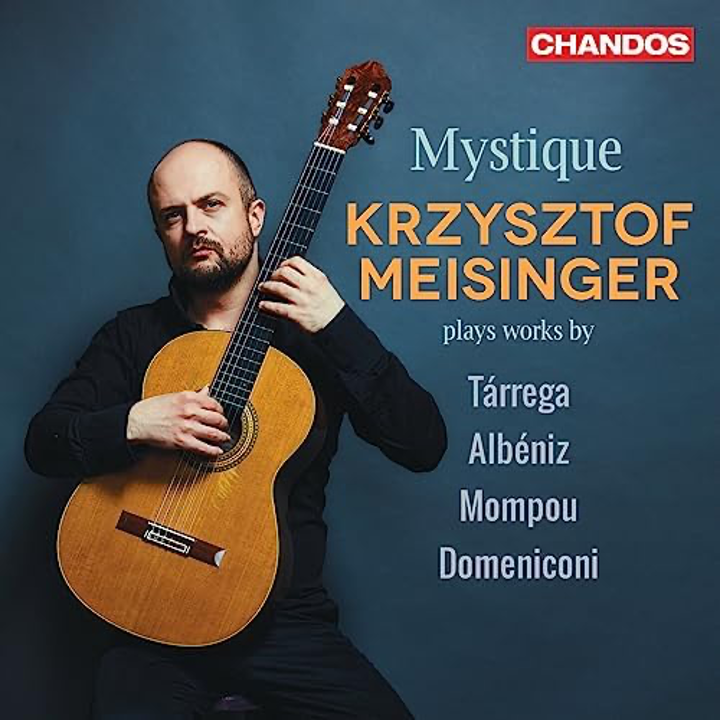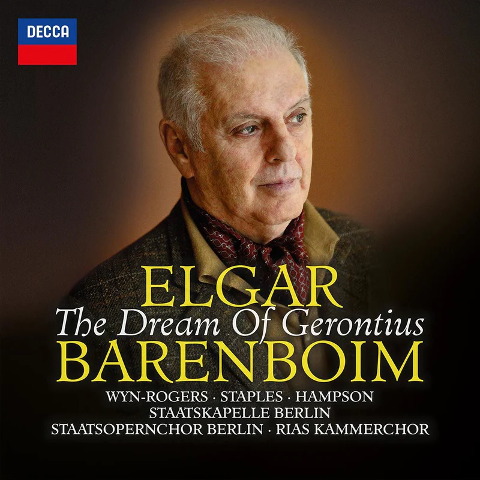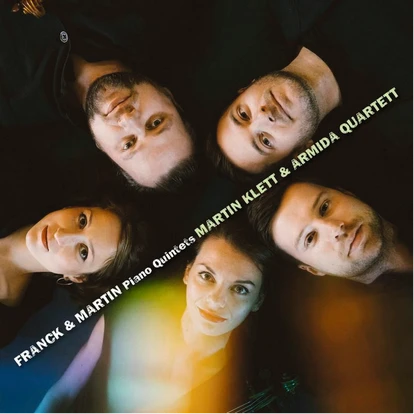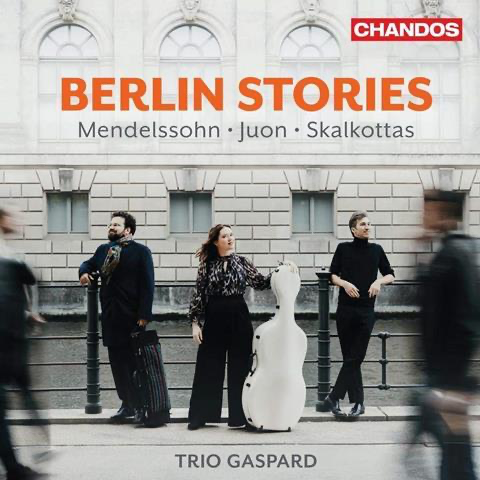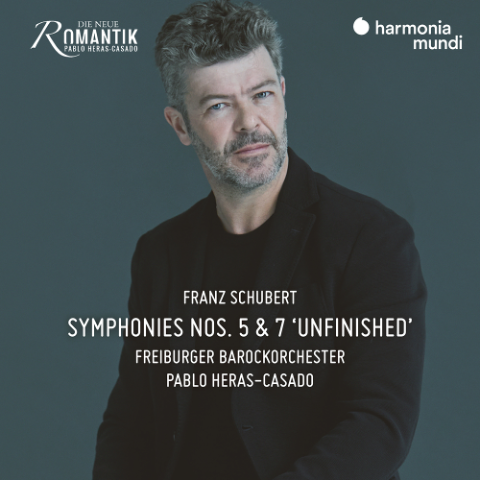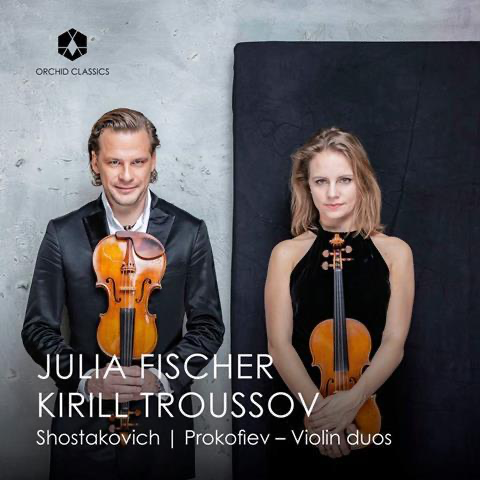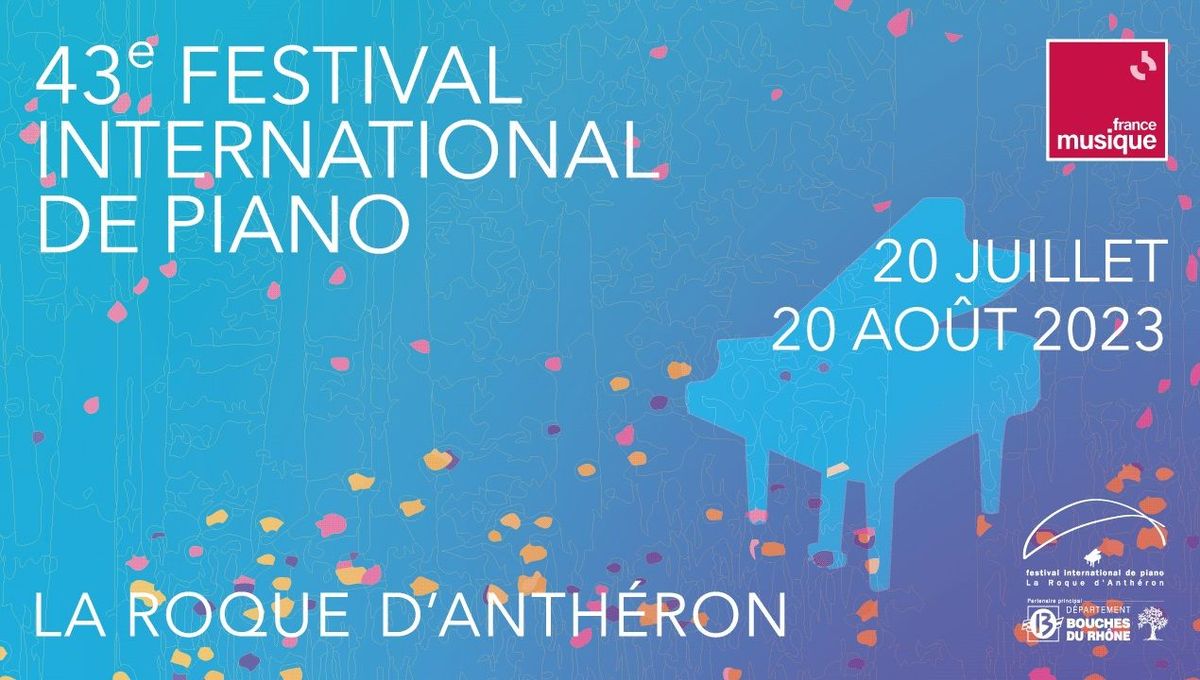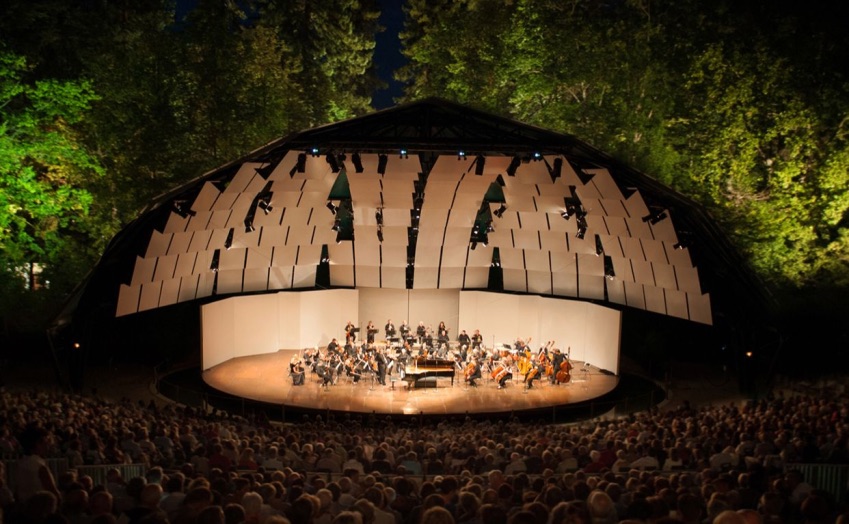Mystique
Strings of Reverie: Krzysztof Meisinger’s Mystique in Guitar Masterpieces
August 2023
In his album “Mystique,” classical guitarist Krzysztof Meisinger showcases his artistry and virtuosity with a delightful selection of works by Tarrega, Albeniz, Mompou, and Domeniconi. Released by Chandos Records, this collection takes listeners on a captivating journey through the rich musical traditions of Spain and beyond.
The album opens with a nod to Francisco Tarrega, whose enchanting “Capricho árabe” captures the essence of the Valencia region, where the composer grew up, beautifully blending Muslim Castilian and Christian influences. Meisinger’s masterful interpretation breathes life into each delicate note, paying homage to the timeless beauty of this classic piece.
Transitioning to the works of Isaac Albéniz, we are treated to the lively “Malagueña,” originally published in the collection España. Though a pianist, Albéniz knew how to evoke the spirit of the guitar, and Meisinger expertly channels that essence, creating an enchanting rendition that captures the essence of southern Spain.
The heart of the album lies in Federico Mompou’s “Suite compostelana,” a work commissioned by the legendary Andrés Segovia. Meisinger brings out the emotional depth and sensitivity of this suite, which was first published in 1964, the same year Segovia recorded it. The intricate interplay of emotions and musical colors is beautifully conveyed in Meisinger’s interpretation.
Carlo Domeniconi’s compositions draw from various national traditions, with a special interest in Turkish music. The “Variationen über ein anatolisches Volkslied” (Variations on an Anatolian Folksong) reflect Domeniconi’s deep study of Turkish melodies. Meisinger skillfully navigates through the intricate variations, capturing the essence of the Anatolian folksong “Uzun ince bir yoldayim.”
The album’s centerpiece is “Koyunbaba,” a captivating four-movement suite for guitar by Domeniconi. Originating as an improvisation, the piece was soon transcribed into a musical score. Meisinger breathes life into the music, skillfully combining the composer’s written notes with his own improvisations, culminating in the evocative “Invocazione” at the work’s beginning.
Krzysztof Meisinger’s “Mystique” is a spellbinding journey that exemplifies his exceptional musicianship and deep understanding of the music’s cultural contexts. With his profound interpretation of these works by Tarrega, Albeniz, Mompou, and Domeniconi, Meisinger pays homage to the composers’ intentions while imbuing the music with his own artistic flair. Chandos Records presents a recording that will undoubtedly resonate with classical guitar enthusiasts, taking them on a captivating voyage through the rich tapestry of Spain and beyond.
